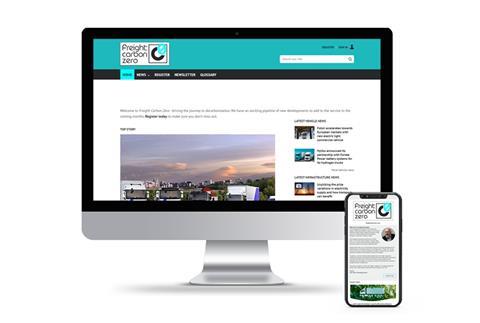Interview with a legend - John Harvey part 1

A legend, a pioneer, an inspirational leader – just some of the names John Harvey has been called. Justin Stanton caught up with him for an indepth interview.
This article is for registered users only
Register for free today to read this article. Already registered? SIGN IN now
Want to read more?
Register now for free to access the full article.
Let us help you reach your carbon zero targets, sign up today and unlock:
- Unlimited access to breaking news, commentary and analysis around the decarbonisation of the road freight and commercial vehicle sector
- Continued access to the Freight Carbon Zero weekly newsletter, sent directly to your inbox











